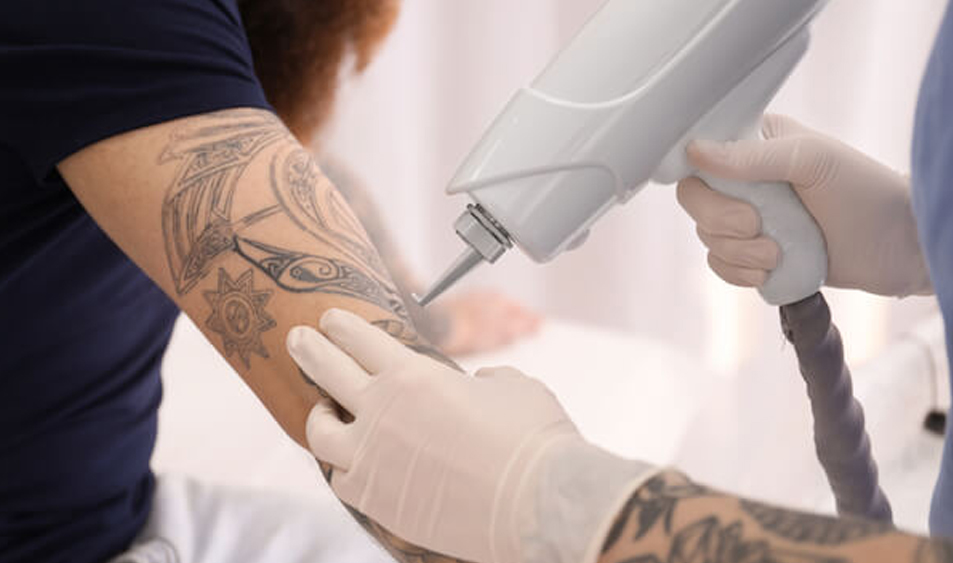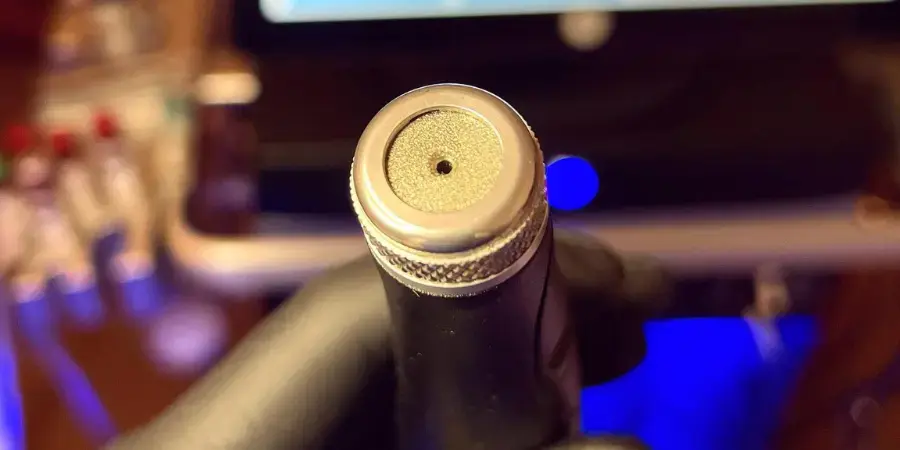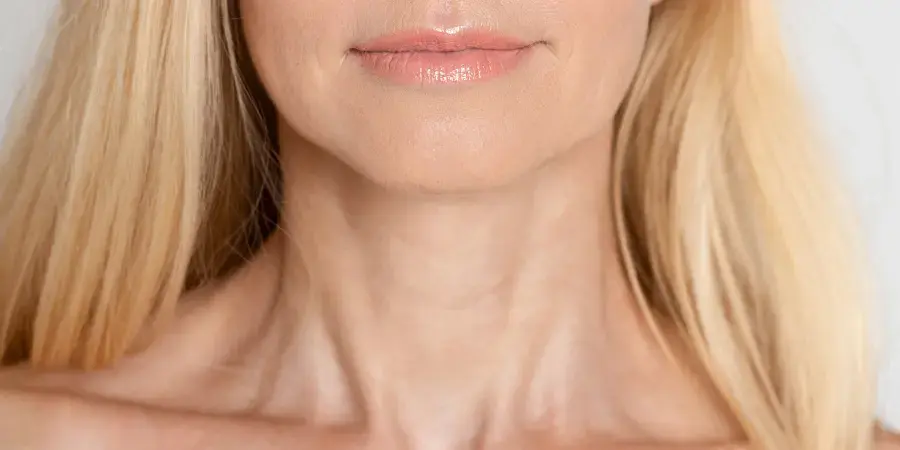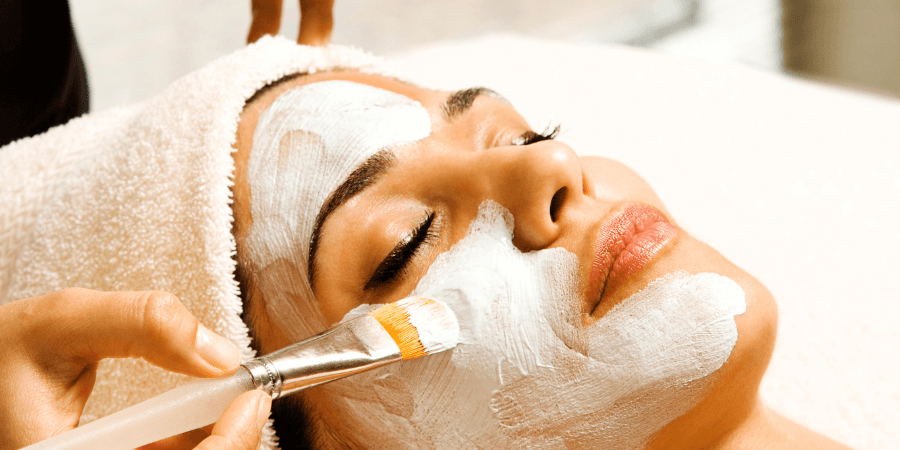A fifth of all British adults have a tattoo and in younger people, this rises to one in three. Of those who have a tattoo, 70% will have more than one and it is becoming an ever-growing trend. Some people, however, do regret getting their ink but there is a solution. Nowadays tattoos aren't permanent, laser tattoo removal is a safe and effective way to get rid of unwanted tattoo. You might consider tattoo removal for a number of reasons:
- You regret a tattoo
- If you are unhappy with the appearance of the tattoo and it makes you self conscious
- It has faded due to the natural ageing of your skin
- The tattoo might not fit your personality or style anymore
Unwanted tattoos can, in fact, be removed gradually over a series of treatments. Your therapist will go through with you how often the treatments will take place and how many you will need, which depends on the individual. We want to get you ready for your first appointment and prepared for the ink to be gone. Enquire today on our website.
Preparing For Your Treatment
Make sure you eat a full meal and drink plenty of fluids before your treatment. Some clients can become lightheaded and dizzy when they haven’t eaten. Another tip would be to try and cut down or cut out completely smoking habits. Smoking actually slows down the healing process and can cause complications.
Try and avoid excessive exposure to the sun. Cover up for around four weeks before your treatment. The tanned skin can be more prone to preventing the success of the treatment. While you are covering up though make sure you are wearing loose fitting clothes over the area not to irritate it after treatment.
Always speak to your practitioner before undergoing the treatment so they can help you make the most out of your appointment and so they can do what is right for you. As much as you think a painkiller will help ease the pain after treatment, it is advised not to take aspirin or ibuprofen as they can cause bruising after the treatment is complete.
Before your treatment also make sure you have showered or bathed with completely fresh skin. Do not add any lotions, perfumes, creams and anything else to your body as this could affect the treatment. We also recommend that if you have hair in the area of which is being treated, to shave it.
The Treatment
When you go in for your treatment after following the necessary steps you will be given eye shields to protect them from the laser light. The practitioner will patch test the skin to make sure the laser is correct for the treatment. Once the light is activated, it will produce short laser pulses that will slowly break down the pigment of the tattoo causing little damage on the surrounding skin. A cooling agent will be placed onto the tattoo to help soothe the area as well as dressing to protect it. The tattoo will become gradually lighter as the sessions go on.
Life After Treatment
Relax and repair is the key to the post-treatment process. I can take a week or two to recover from your treatment. The more sessions you receive the quicker your body will recover. Leave your bandage on for up to three days after treatment but always keep the area clean, changing the bandage regularly. If your tattoo starts scabbing over or blistering do not touch the area or this could slow down the healing process. Aloe Vera gel or Vaseline can be used to help itching which could be the case for a few days. You should also avoid hot baths and showers for at least two hours after treatment as this could irritate the area. Finally, if you take part in any exercise, make sure not to knock the treated area as this could also cause irritation and delay the healing process.
Is This Treatment For You? Enquire Now
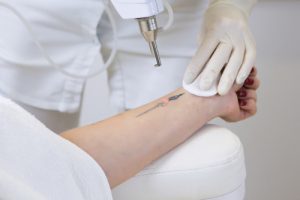
Our tattoo removal treatment is the perfect way to remove unwanted tattoos steadily but effectively. The Hampton clinic is passionate about giving their clients life-changing results and are proud of their loyal relationships with their clients. Whatever the concern, The Hampton Clinic will devise a treatment programme especially for you to help you build the confidence you need to take that first step towards becoming the best possible version of you.
For more information take a look at our tattoo removal page or call us today on 0117 973 4444.
